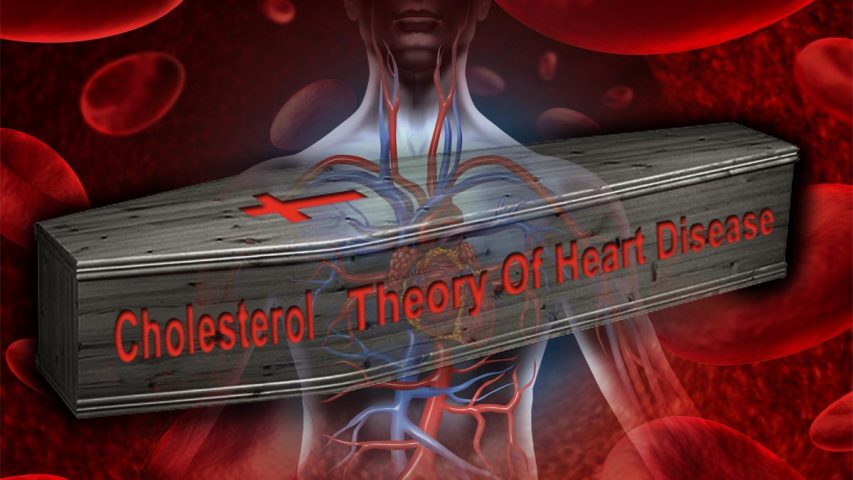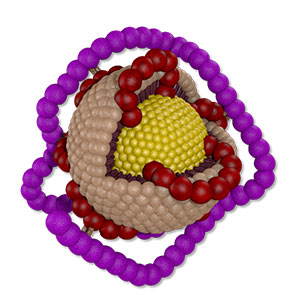- Have any questions? Contact us!
- info@dr-rath-foundation.org

Stop Outlawing Natural Health!
November 2, 2017
The Barletta Declaration – Making Natural Preventive Health a Human Right
November 2, 2017Royal Pharmaceutical Society In Britain Confirms Cholesterol Theory Of Heart Disease Is “Dead”

With drug industry profits from statins collapsing, a new scientific review published in the Pharmaceutical Journal – a publication of Britain’s Royal Pharmaceutical Society – has added fuel to the fire by confirming the cholesterol theory of heart disease is now “dead”. Pointing out that the lives of heart attack survivors participating in pharma-sponsored statin trials have been shown to be extended by an average of just 4 days, the authors say there is an “ethical and moral imperative” for the potential harms of these drugs to be discussed. Significantly, however, they wrongly conclude that the real culprit behind cardiovascular disease is insulin resistance. In other words, while they are 100 percent correct that the cholesterol dogma is scientifically unfounded, they have failed to correctly identify the root cause of cardiovascular disease.
Increasingly these days, researchers who dare to openly challenge the cholesterol theory of heart disease are attacked and accused of ‘cherry-picking’ the scientific data. To the authors’ credit, therefore, the tables are turned in this review and it is the pro-statin researchers themselves who are ultimately found guilty of cherry-picking. Despite the billions invested in statin drugs to reduce blood levels of cholesterol, the review authors state there is “no consistent evidence” of clinical benefit. Dismissing claims that stopping statin treatment due to media reports about side effects has supposedly resulted in thousands of heart attacks and deaths, the review concludes there is “no scientific evidence” of even a single person suffering such a fate.
Promoting real food and regular exercise
 Particularly notably, the review authors advise patients at high risk of cardiovascular disease to focus on lifestyle interventions such as diet and regular exercise. The billions of dollars spent on drug research and development, they say, could instead be directed towards encouraging “population-wide behavioral change.” Rather than promoting messages about reducing calorie intake that place blame on victims and simply exacerbate the cardiovascular disease pandemic, the authors argue that public health authorities should work primarily to support the consumption of “real food.” The focus, in other words, should be on improving food quality rather than simply reducing food quantity.
Particularly notably, the review authors advise patients at high risk of cardiovascular disease to focus on lifestyle interventions such as diet and regular exercise. The billions of dollars spent on drug research and development, they say, could instead be directed towards encouraging “population-wide behavioral change.” Rather than promoting messages about reducing calorie intake that place blame on victims and simply exacerbate the cardiovascular disease pandemic, the authors argue that public health authorities should work primarily to support the consumption of “real food.” The focus, in other words, should be on improving food quality rather than simply reducing food quantity.
As promising as all this is however, and while it is clearly consistent with our Foundation’s mission of promoting natural preventive healthcare approaches, it still stops short of identifying the root cause of cardiovascular disease.
The root cause of cardiovascular disease

Lipoprotein(a)
Carried out over a period of more than 25 years, Dr. Rath’s scientific research work has proven that coronary heart disease occurs for precisely the same reason that clinical (early) scurvy does – a deficiency of vitamin C in the cells composing the artery wall. Unlike animals, humans develop heart disease because their bodies cannot produce vitamin C. While the average human diet provides enough of it to prevent scurvy, this is not enough to guarantee stable artery walls. As a consequence of the constant pumping action of the heart and an insufficient supply of vitamin C, millions of tiny cracks and lesions therefore develop in the artery walls. Subsequently cholesterol, lipoproteins, and other risk factors enter to repair this damage.
Of all these risk factors, by far the most important is a molecule known as Lipoprotein(a). Primarily found in humans and sub-human primates, Lipoprotein(a) functions as a repair molecule compensating for the structural impairment of the vascular wall. In general, animals that produce vitamin C in their bodies do not produce Lipoprotein(a). In human beings, in the case of a chronic deficiency of vitamin C, the arterial repair process becomes continuous. Over the course of many years, atherosclerotic deposits develop. This eventually leads to the occurrence of heart attacks and strokes. Thus, the real culprit behind cardiovascular disease is not insulin resistance, but a lack of vitamin C. It therefore follows that the key to preventing heart attacks and strokes is an optimum supply of this and other collagen-supporting nutrients, to keep the artery walls in a state of optimal repair.
While they have not as yet understood this, by correctly confirming that the cholesterol theory of heart disease is flawed the authors of the Royal Pharmaceutical Society journal review have still hammered a valuable nail into the coffin of the Pharma Cartel’s statins business. Let us therefore hope that, in the months and years ahead, doctors and researchers everywhere will be inspired to throw off the shackles of conventional medical dogma and examine the real cause of the cardiovascular disease pandemic, and its natural solution, for themselves.



